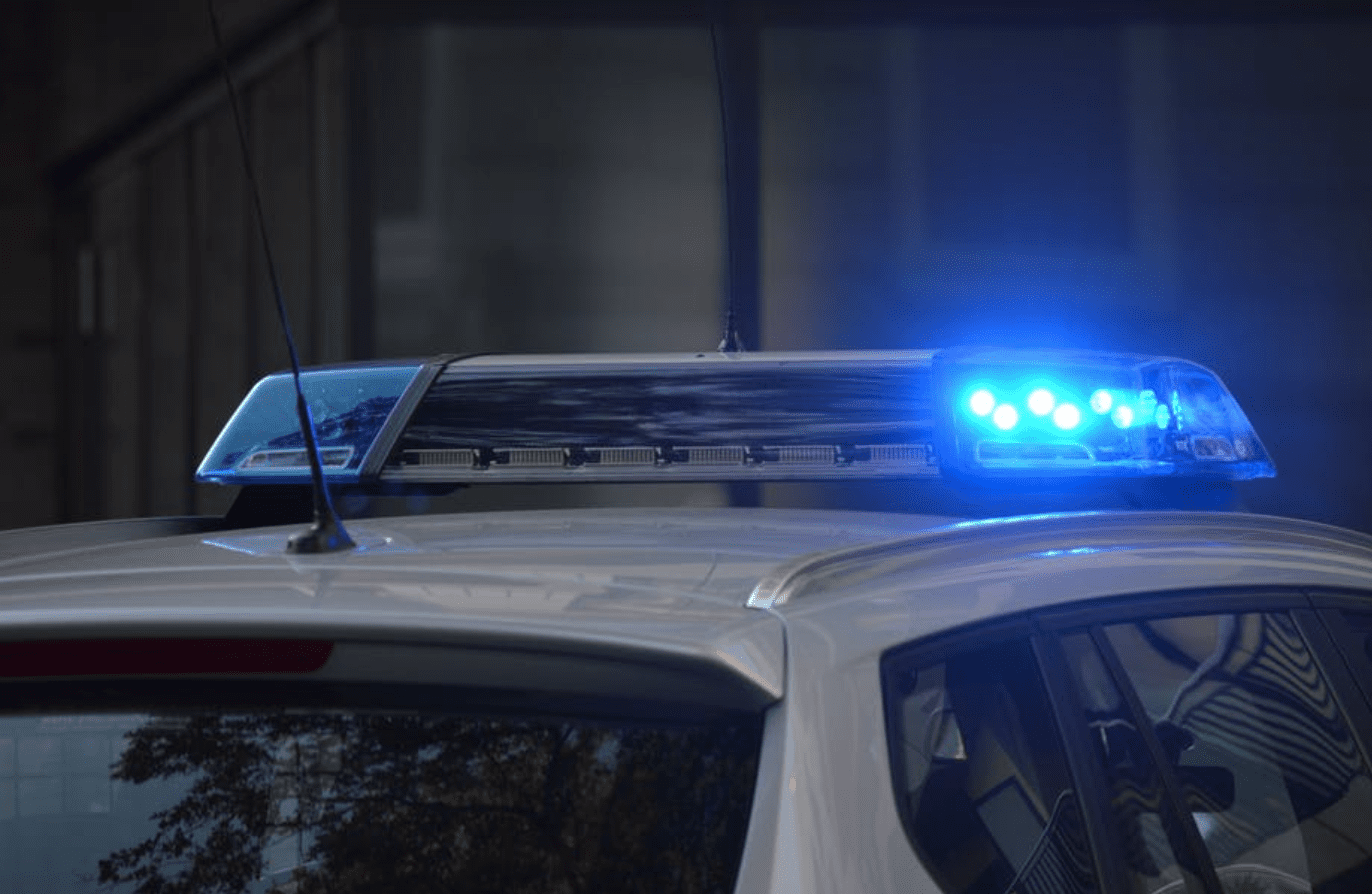In 2017, a whopping 93% of all Kansas Highway Patrol stops were initiated against drivers with out-of-state plates.
A lawsuit filed against the Kansas Highway Patrol accuses patrol officers of unlawfully targeting out-of-state drivers, especially those from neighboring Colorado, where recreational marijuana is legal.
The Denver Post reports that the lawsuit cites, among other evidence, statistics showing that out-of-state drivers accounted for 93% of all the Highway Patrol’s traffic stops in 2017.
And it’s the same out-of-state drivers who are now spearheading a lawsuit against the KHP. According to the Post, the first suit was filed, hand-written, by two irate motorists in federal court. It’s since garnered support from the American Civil Liberties Union and a Kansas City, Missouri-based law firm.
The complaint names as defendants Kansas City Highway Patrol Superintendent Herman Jones along with two other troopers.
The Associated Press reports that the complaint—which is seeking class action certification—focuses on a stretch of highway. Interstate 70, says The A.P., has been designated by the KHP as a “drug corridor.” Almost all of the motorists targeted on I-70 are from outside Kansas, with a disproportionate number of arrestees and civil forfeiture subjects belonging to ethnic minorities.

Along with claiming discrimination, the lawsuit also criticizes a local law enforcement tactic called the “Kansas Two Step.”
The Kansas Two Step, writes The A.P., begins when a state trooper pulls over an out-of-state motorist, usually under the pretense of a minor traffic violation. The trooper writes a warning or infraction, then feigns a conclusion by heading back to their vehicle. But after taking several steps, the officer returns, asking the driver whether they’ll answer several additional questions. If the conversation turns to drugs and a motorist or their passenger denies transporting any controlled substances, the trooper detains the vehicle’s occupants and calls for a canine unit.
One of the suit’s current three plaintiffs, Joshua Bisure—a black Wichita resident—says he transits I-70 twice per month to visit his 4-year old daughter in Littleton, Colorado. Once, en route home and driving a rental car with Missouri plates, Bisure was pulled over for going 6 miles per hour above the posted speed limit.
Bisure wound up waiting on the roadside for nearly 40 minutes while troopers requested a drug dog. The subsequent sniff-search found nothing.
The two other plaintiffs—Native American brothers Elontah Blaine Shaw and Samuel Shaw—were subject to a similar maneuver in December 2017. They were detained for over an hour and a half. Like Bisure, a canine unit was summoned before troopers left empty-handed.
ACLU-Kansas Legal Director Lauren Bonds notes that one of the detained drivers was patted down on the side of the road.
“The standard for this kind of invasion of privacy has to be higher than out-of-state plates, a Colorado destination and minority status,” Bonds said. “This practice is unconstitutional on many levels.”
The Associated Press adds that about 10,000 motorists use I-70 to drive through Kansas each and every day, with nearly 80% going to or from Colorado.


Join the conversation!